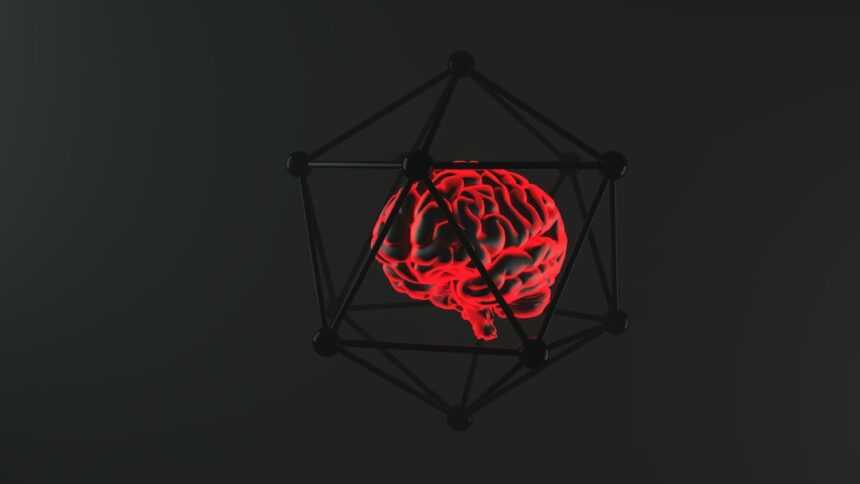Maximizing Benefits of Stimulant Medication
When you think about stimulant medication, it’s essential to grasp what it is and how it works. Stimulants are often prescribed to help manage conditions like Attention Deficit Hyperactivity Disorder…
The Science of Sleep Inertia
Sleep inertia is a phenomenon that many people experience but may not fully understand. It refers to the groggy, disoriented feeling you often have upon waking, particularly after a deep…
Boosting Executive Function for Success
Executive function refers to a set of cognitive processes that are essential for controlling behavior and managing tasks. These processes include working memory, cognitive flexibility, and inhibitory control. When you…
Understanding the Sleep-Wake Cycle
The sleep-wake cycle is a fundamental aspect of human life, influencing not only your physical health but also your mental well-being. This cycle is governed by a complex interplay of…
Unveiling Sleep Gate: The Secret to Better Rest
You may have heard the term "sleep gate" before, but what does it really mean? The sleep gate refers to the threshold your body must cross to enter a state…
Unlocking the Secrets of Time Perception
Time perception is a fascinating area of study that delves into how you experience the passage of time. It is not merely a function of the clock ticking away; rather,…
Unlocking the Mysteries of Time Perception
Time perception is a fascinating area of study that delves into how you experience the passage of time. It is not merely a function of clocks and calendars; rather, it…
Embracing Neurodiversity: Celebrating Differences
Neurodiversity is a concept that recognizes and values the wide range of neurological variations among individuals. It encompasses conditions such as autism, ADHD, dyslexia, and other cognitive differences, emphasizing that…
Understanding Neurotypical Behavior: A Guide for Better Communication
Neurotypical behavior refers to the typical patterns of thought, emotion, and social interaction exhibited by individuals who do not have neurological conditions such as autism spectrum disorder (ASD) or attention…
Understanding Neurotypical Behavior: A Guide for Better Communication
Neurotypical behavior refers to the typical patterns of thought, emotion, and social interaction exhibited by individuals who do not have neurological conditions such as autism spectrum disorder (ASD) or attention…









